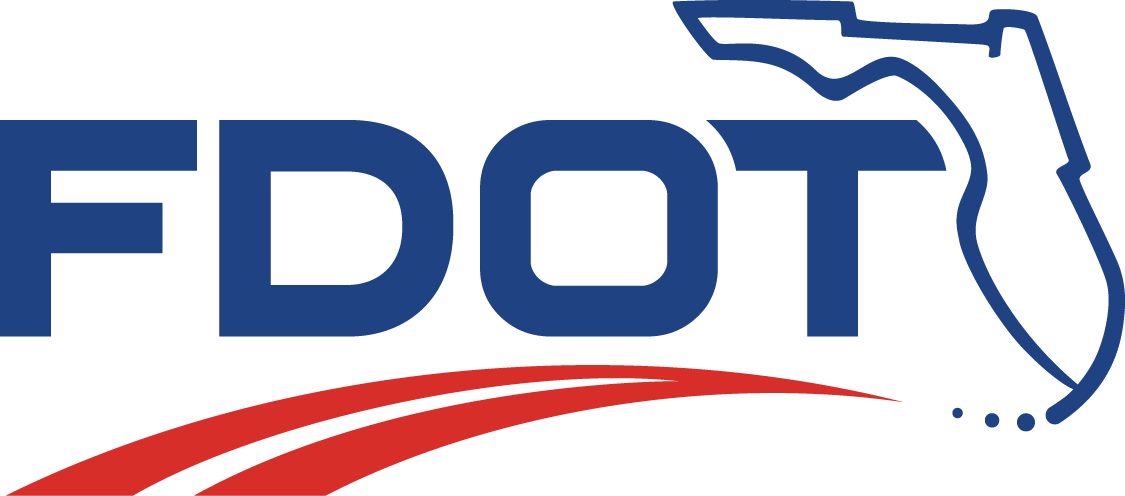Impaired Driving
Impaired Driving
Impaired driving is defined as driving under the influence (DUI) of alcohol and/or legal (prescription and over-the-counter) and/or illegal drugs. In Florida, impaired driving is involved in about one-quarter of all motor vehicle deaths. It is a complex social issue that involves all areas of the criminal justice, health care, and education systems.
To review the complete statutory language, please refer to section 316.193, Florida Statutes, or visit the Florida Highway Safety and Motor Vehicles’ (FLHSMV) Florida DUI and Administrative Suspension Laws website for more information.
For information on the State of Florida’s other DUI programs visit the FLHSMV’s DUI and Ignition Interlock Device (IID) website.
Florida’s Impaired Driving Program supports a variety of strategies that target individuals driving impaired. FDOT subgrant funds are used for purchasing DUI enforcement equipment, additional enforcement, providing awareness and education campaigns, conducting proactive youth-focused DUI education and outreach, and specialized education for law enforcement and prosecution to increase effective DUI adjudication.
Programs receiving subgrant funding in this priority area are focused on three major program related categories:
- Problem Identification: Data collection and analysis to identify and develop countermeasures and awareness initiatives that lead to appropriate modifications in driver behavior.
- Communication: Programs designed to educate motorists and pedestrians (includes teens, adults, and aging drivers) on the dangers of DUI.
- Enforcement Countermeasures: Enforcement to strategically address impaired driving behavior through High Visibility Enforcement (HVE), a universal traffic safety approach designed to create deterrence and change unlawful traffic behaviors. HVE combines highly visible and proactive law enforcement targeting a specific traffic safety issue. Law enforcement efforts are combined with visibility elements and a publicity strategy to educate the public and promote voluntary compliance with the law. HVE incorporates enforcement strategies, such as checkpoints and enhanced patrols (e.g., saturation patrols) using visibility elements (e.g., electronic message boards, road signs, command posts, Breath Alcohol Testing (BAT) mobiles, etc.) designed to make enforcement efforts obvious to the public.
Items eligible for funding under this category using (405(d) funds) may include overtime enforcement, equipment, and public awareness materials.
All program areas funded with subgrant funds are required to have an evaluation method that will allow assessment of the funded program's level of success in reducing fatalities and serious injuries. For more information, see our Grants page.Impaired Driving Education Campaigns

- Drive Sober Florida is designed to provide Floridians and visitors to the state with educational information around reducing fatalities and serious injuries caused by impaired driving. Drive Sober Florida uses a data-driven research approach to develop resources, educational materials and provide fatal and serious injury data related to impaired driving relevant to all Florida roadway users.
- Drive Sober Florida assists the FDOT’s Impaired Driving Program with implementing the Impaired Driving Strategic Plan goals and strategies. The program is funded primarily by National Highway Traffic Safety Administration (NHTSA) funds that support highway safety programs.
Resources
Important External FDOT information and Resources
- For information on Florida DUI and IID education and courses please visit FLHSMV’s DUI and IID website.
- To locate a licensed Florida DUI program in your area please visit FLHSMV’s Licensed DUI Programs in Florida website.
- For information on Florida’s Ignition Interlock Program and FLHSMV Approved IID Service Providers please visit FLHSMV’s Ignition Interlock Program website.
- For all questions regarding Florida driver licenses and identification card, please visit FLHSMV’s Driver Licenses & ID Cards website.
- For information on motor vehicles, tags and titles in Florida, please visit FLHSMV’s Motor Vehicles, Tags & Titles website.
- To locate information on local driver license and motor vehicle service centers, Bureau for Administrative Reviews, Florida Highway Patrol stations, Clerk of the Court offices and motorist services regional offices, please visit FLHSMV’s Locations website.
- FLHSMV Customer Service Center Number: 850-617-3000
For more information on FDOT Impaired Driving related programs contact
Lakeisha White @ Lakeisha.White@dot.state.fl.us or (850) 414-4116
Page updated: June 12, 2024
